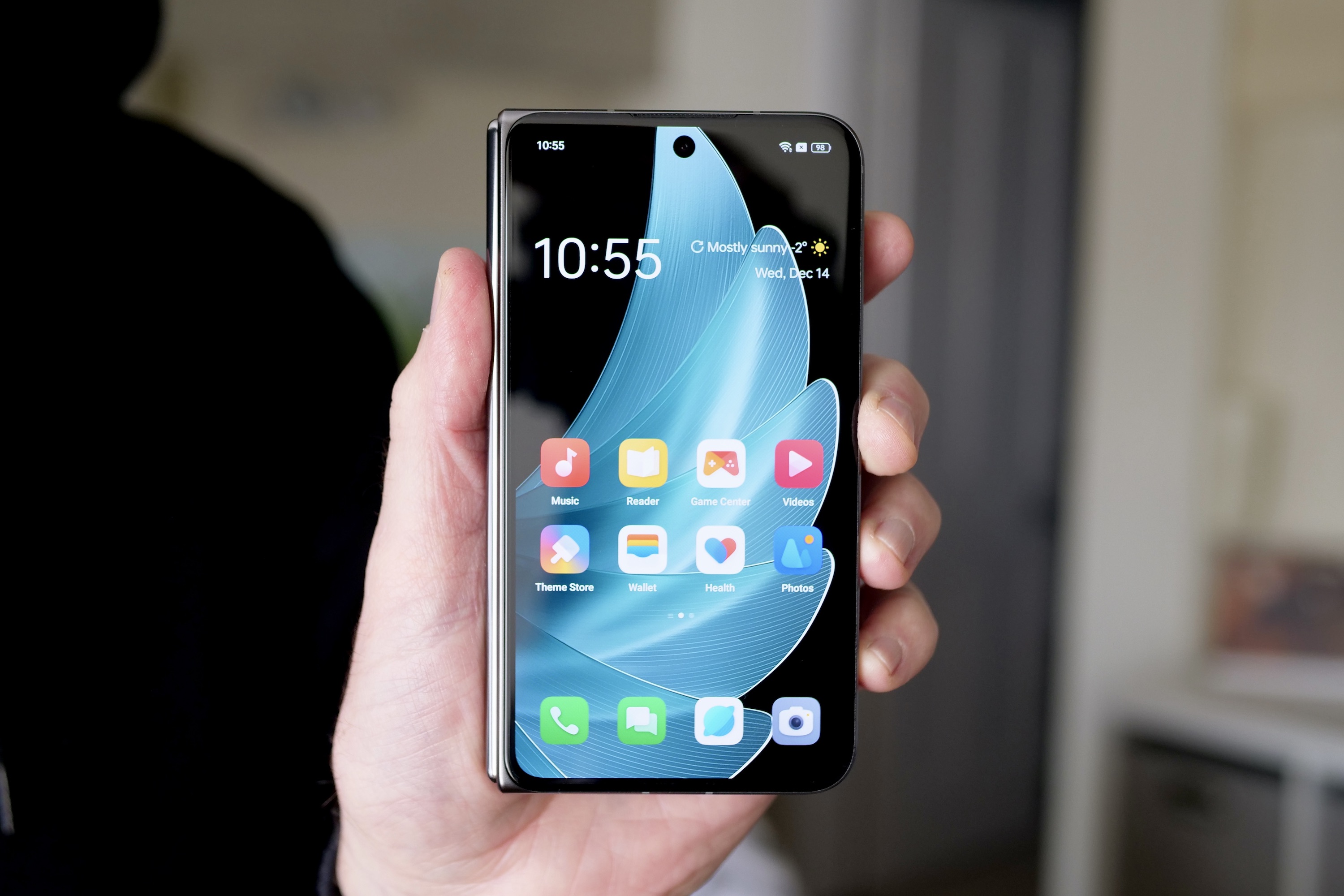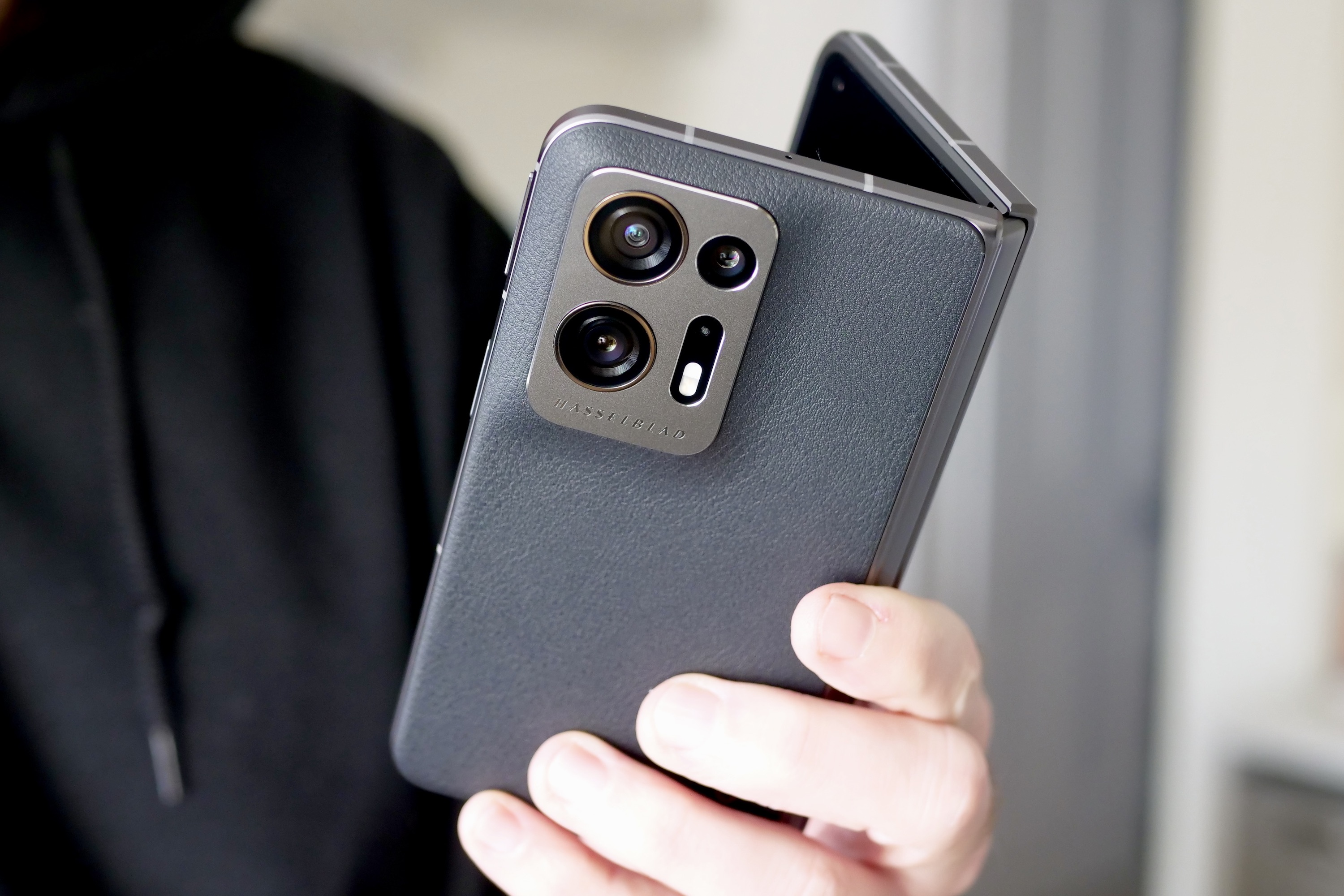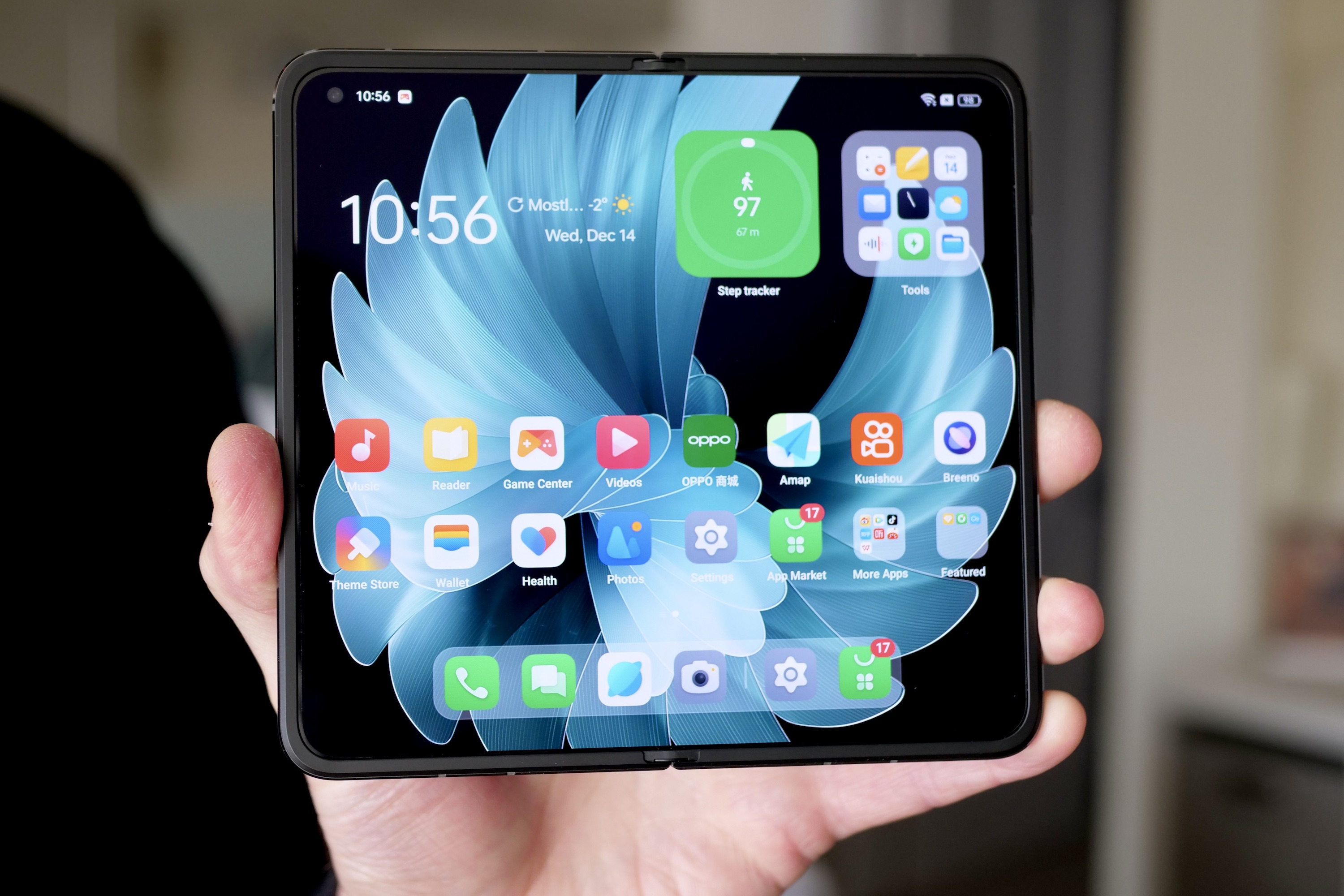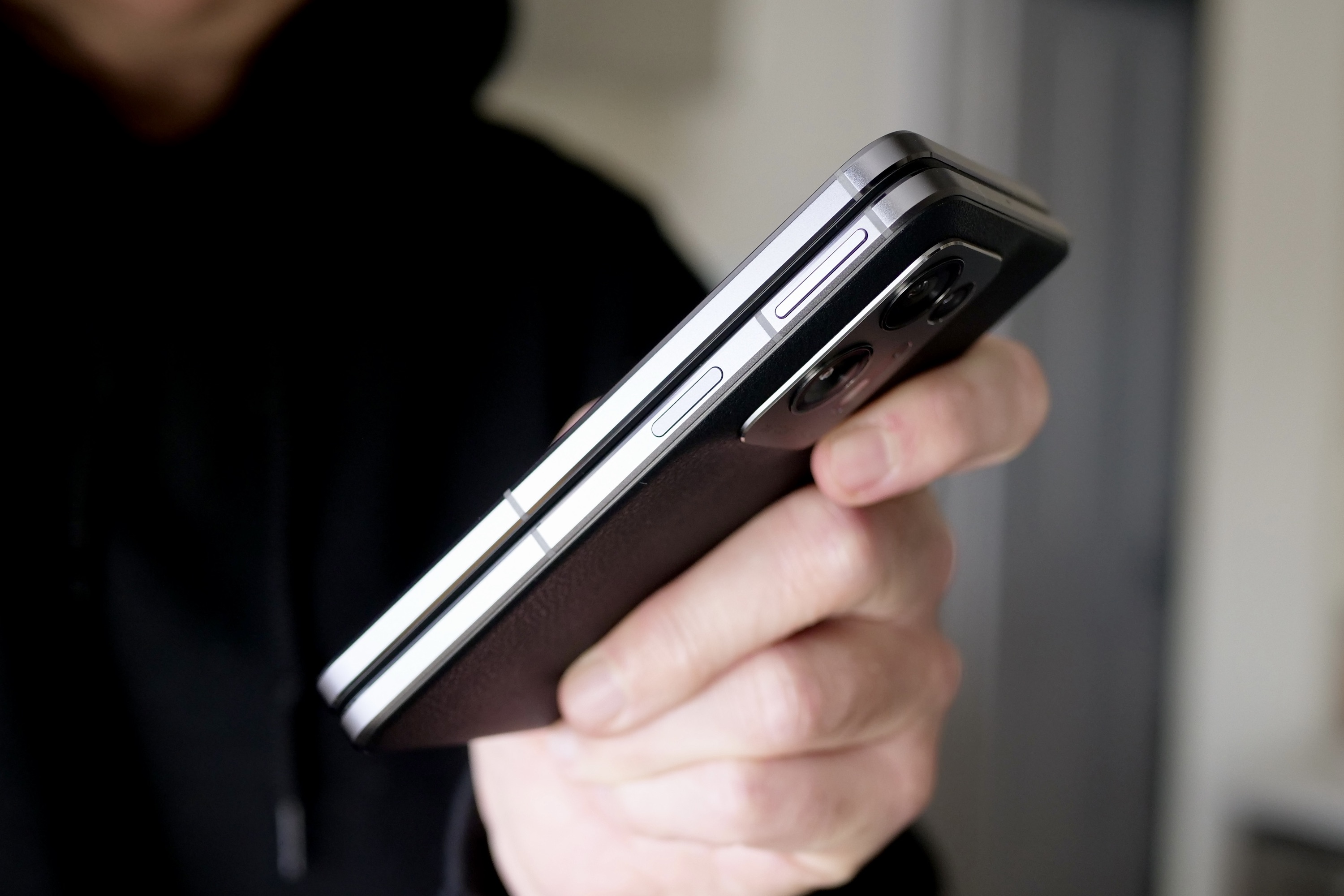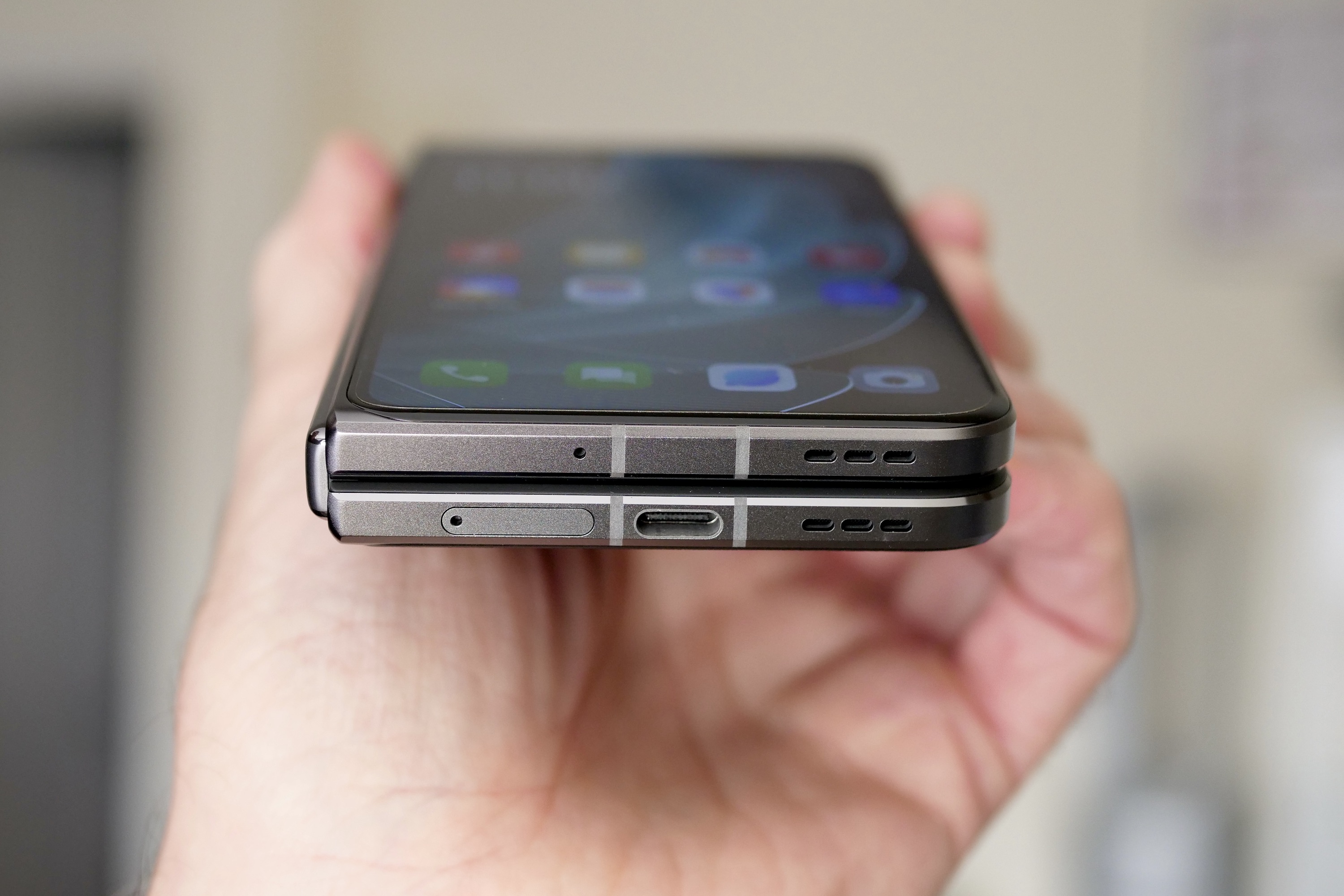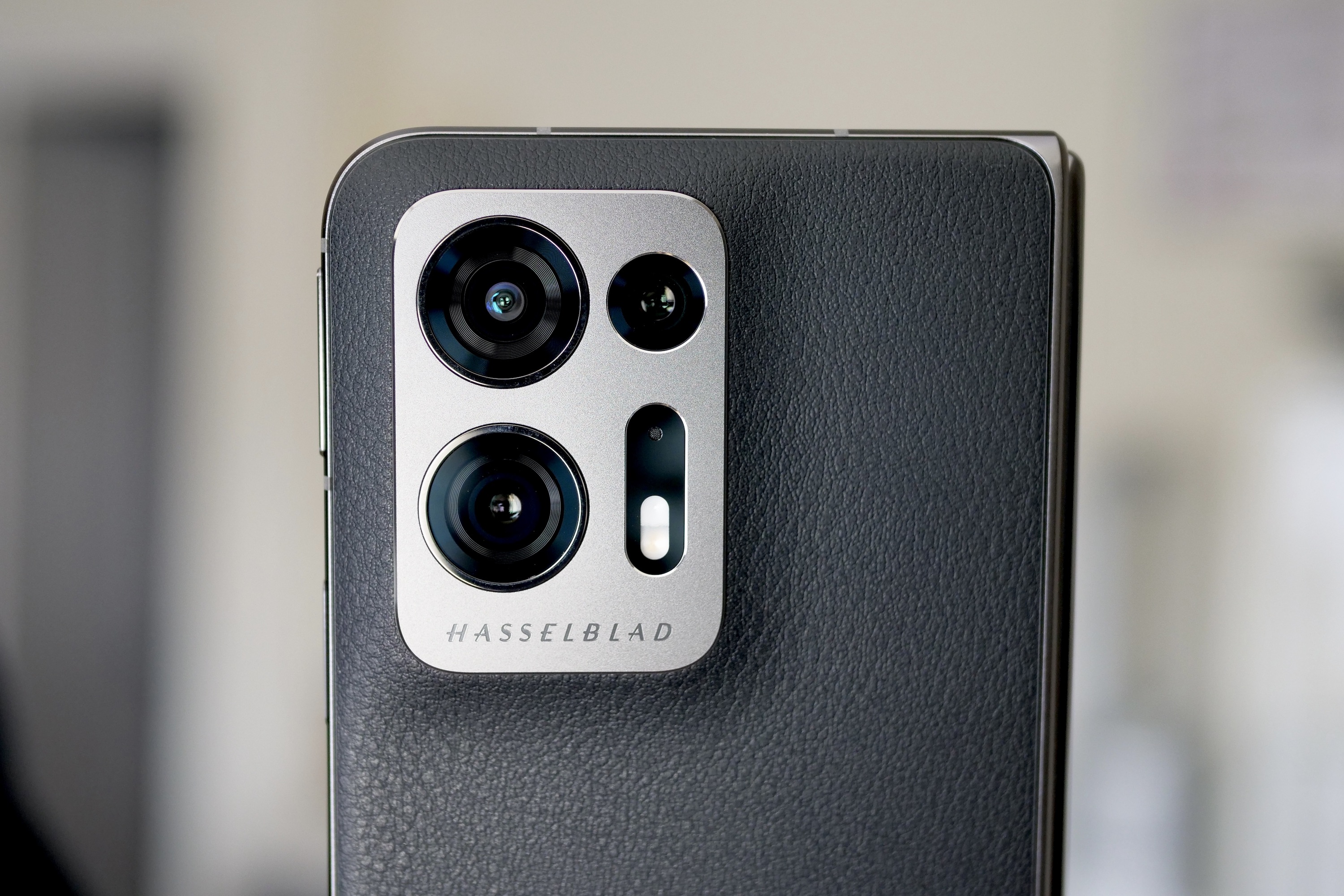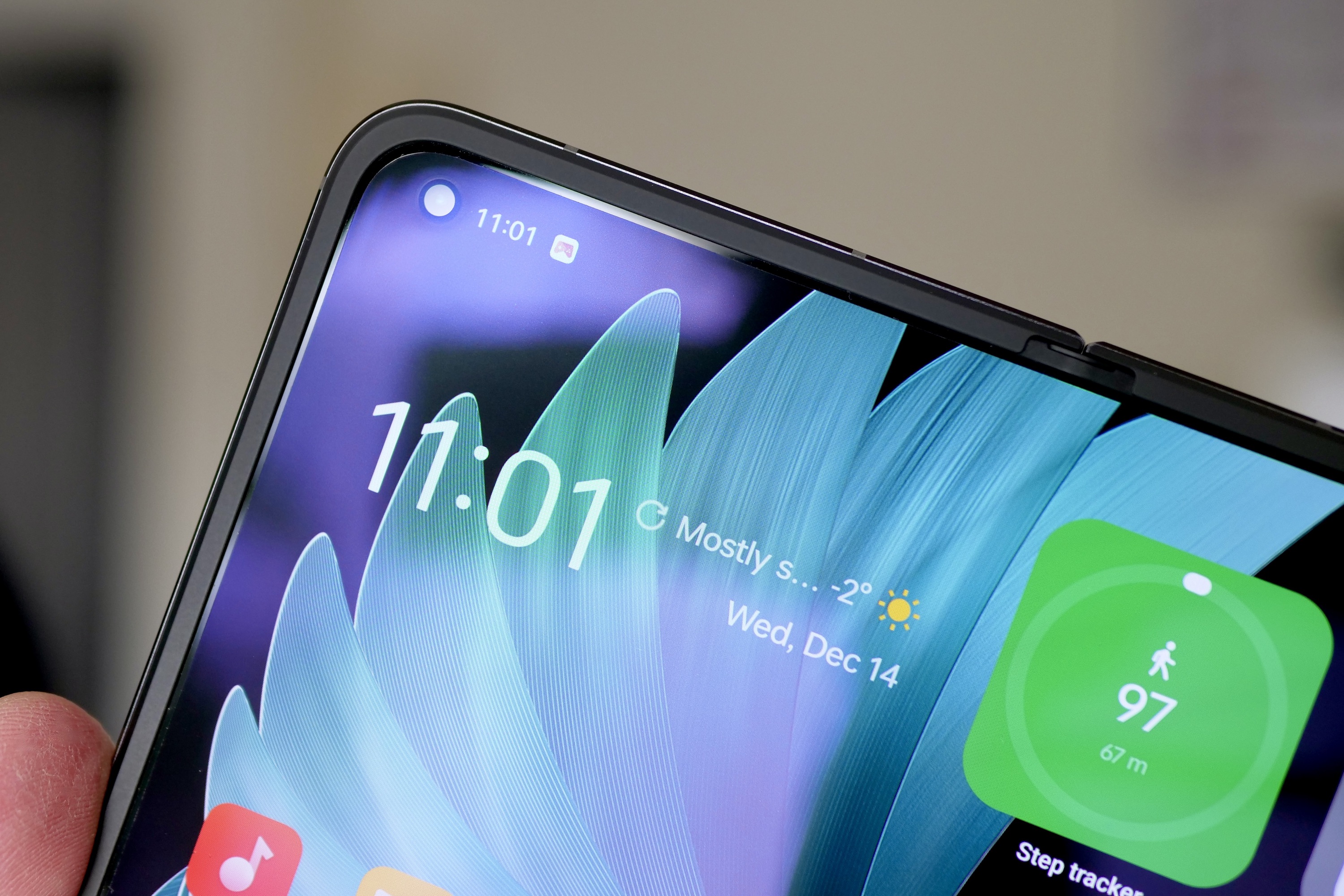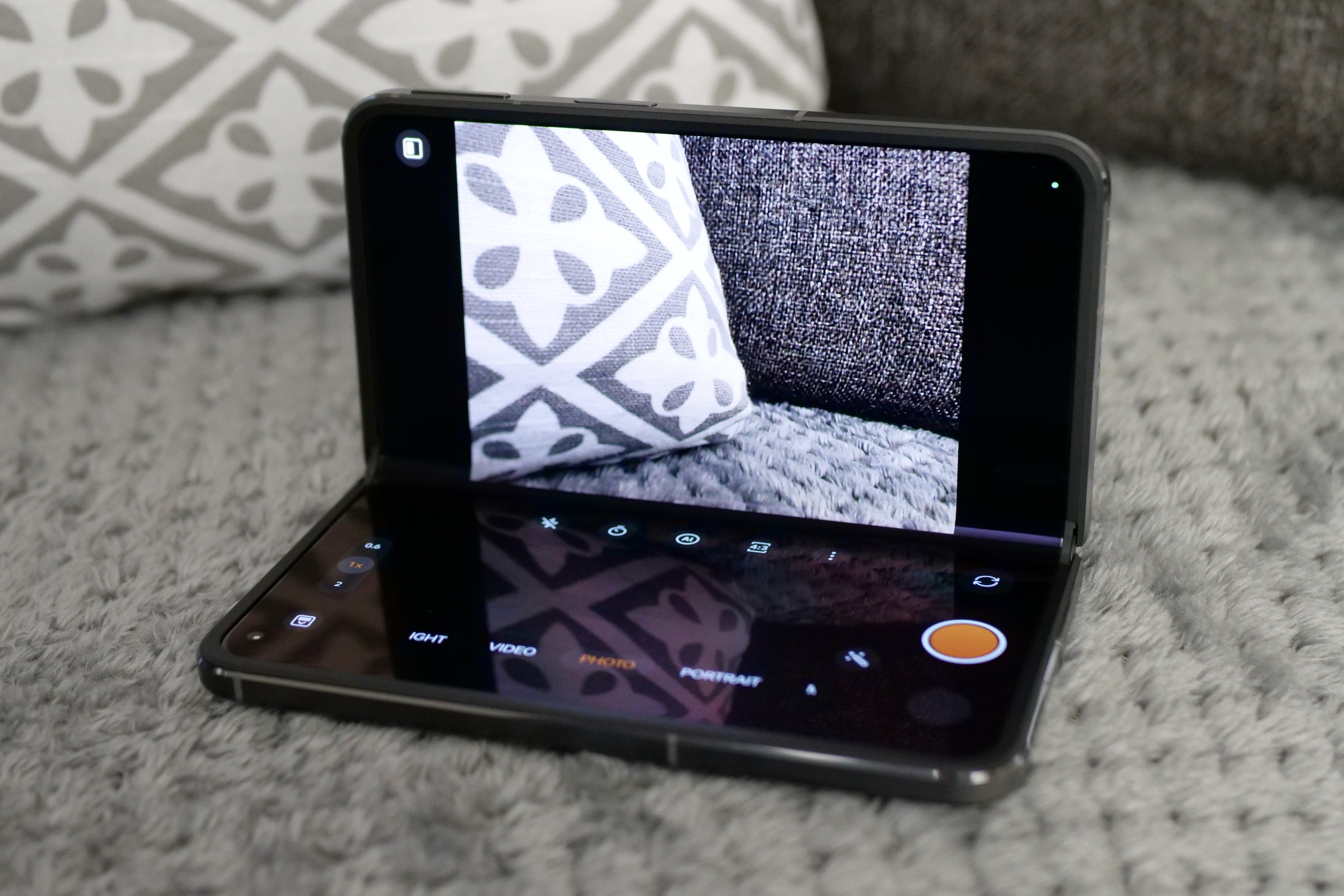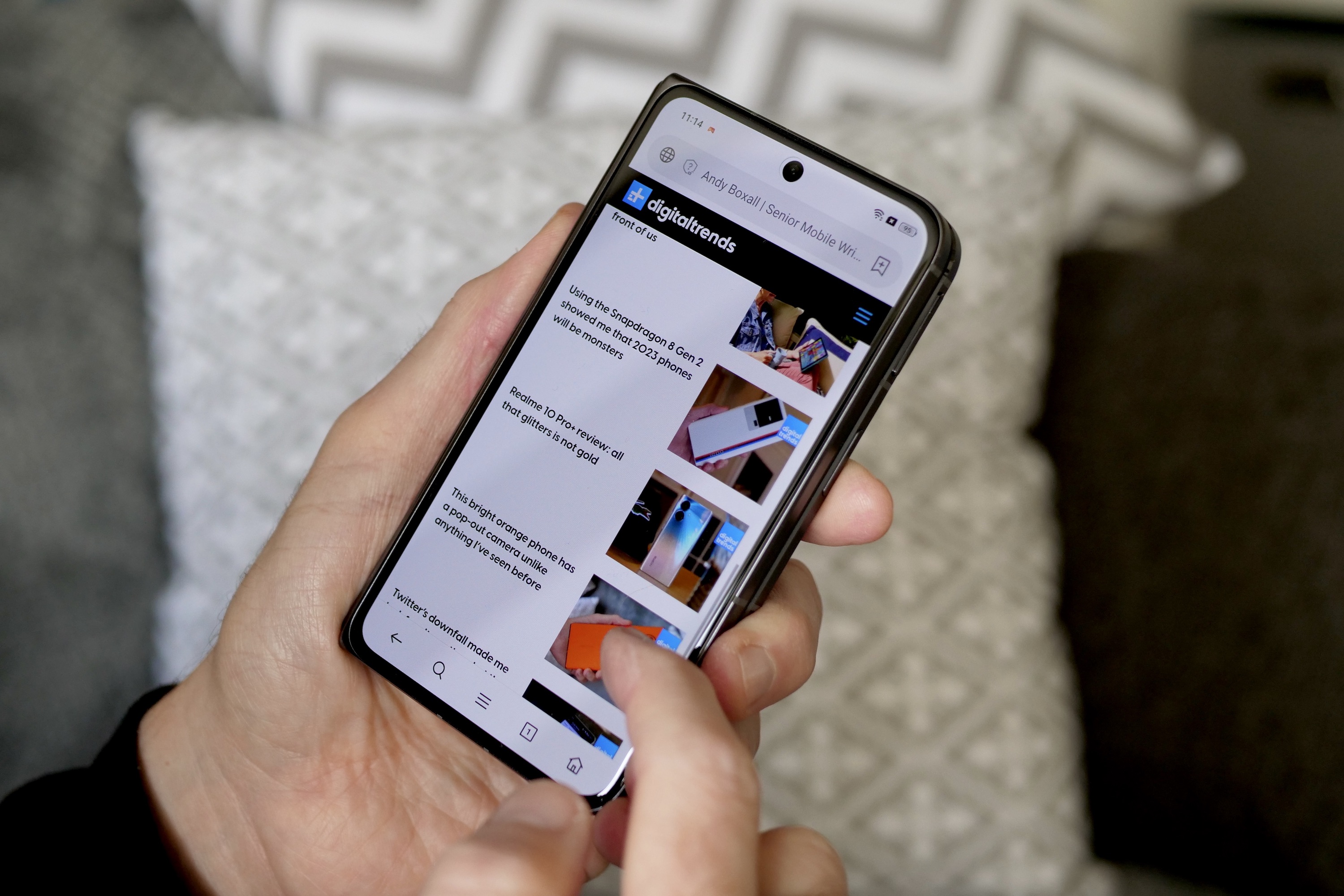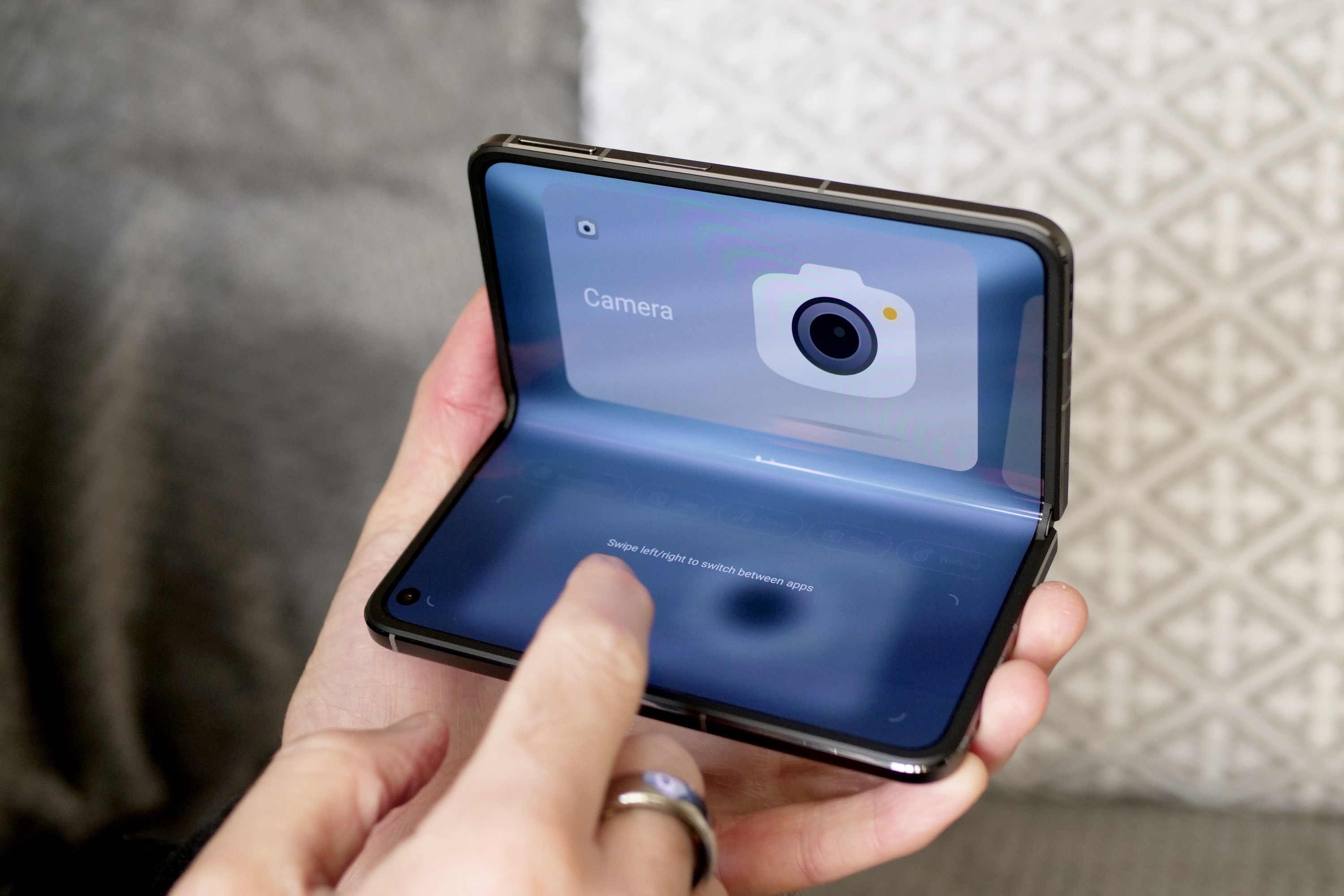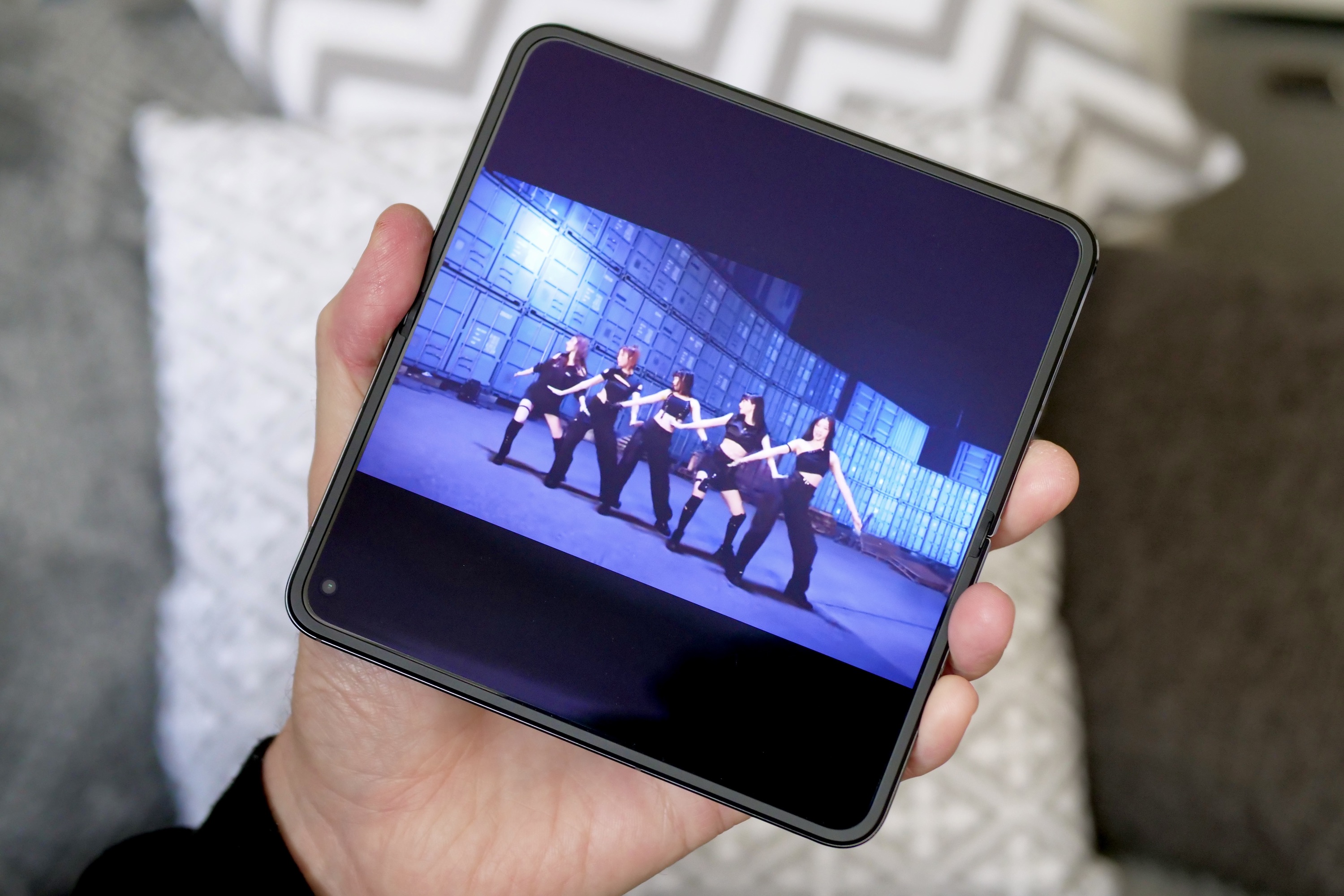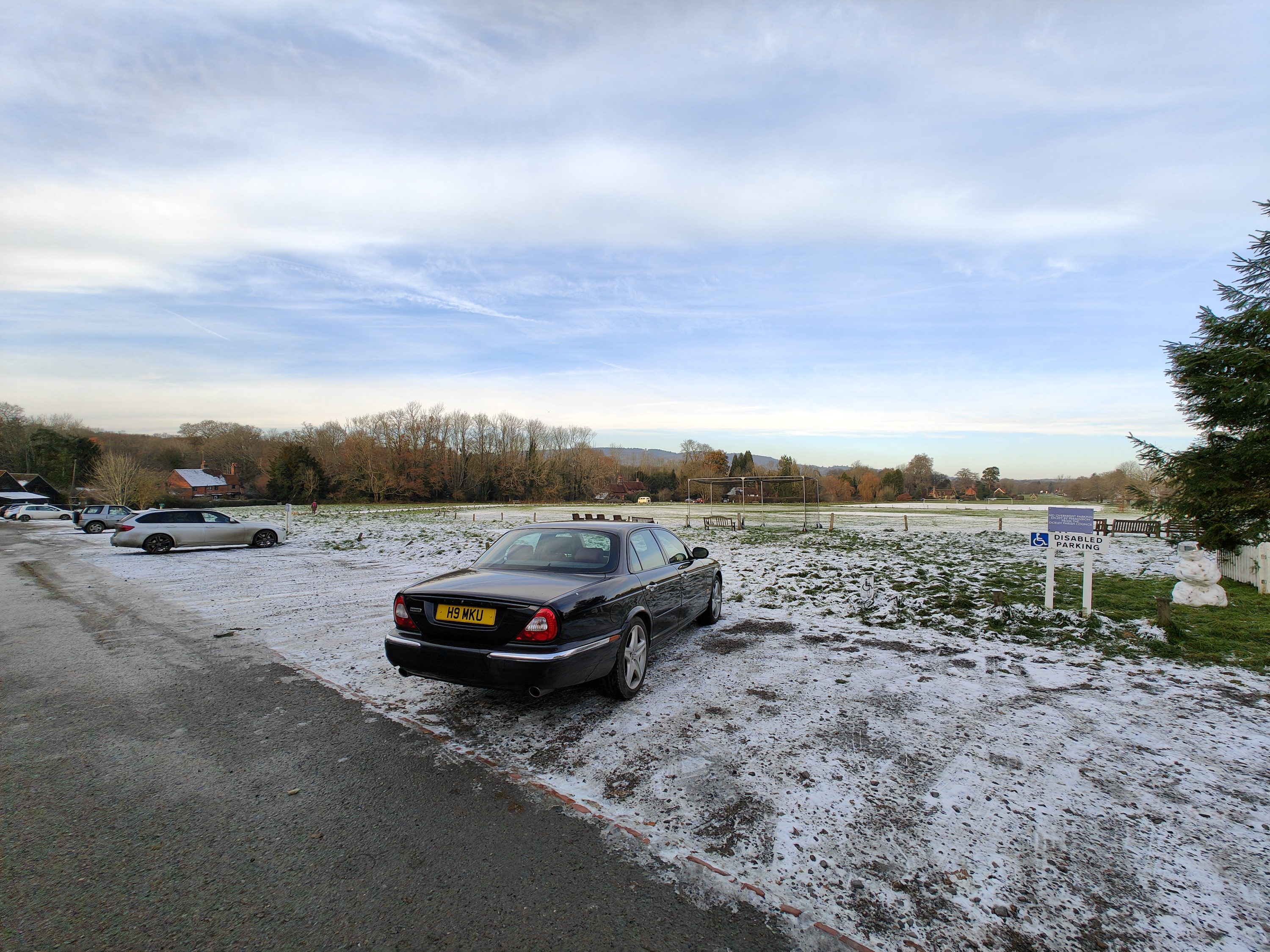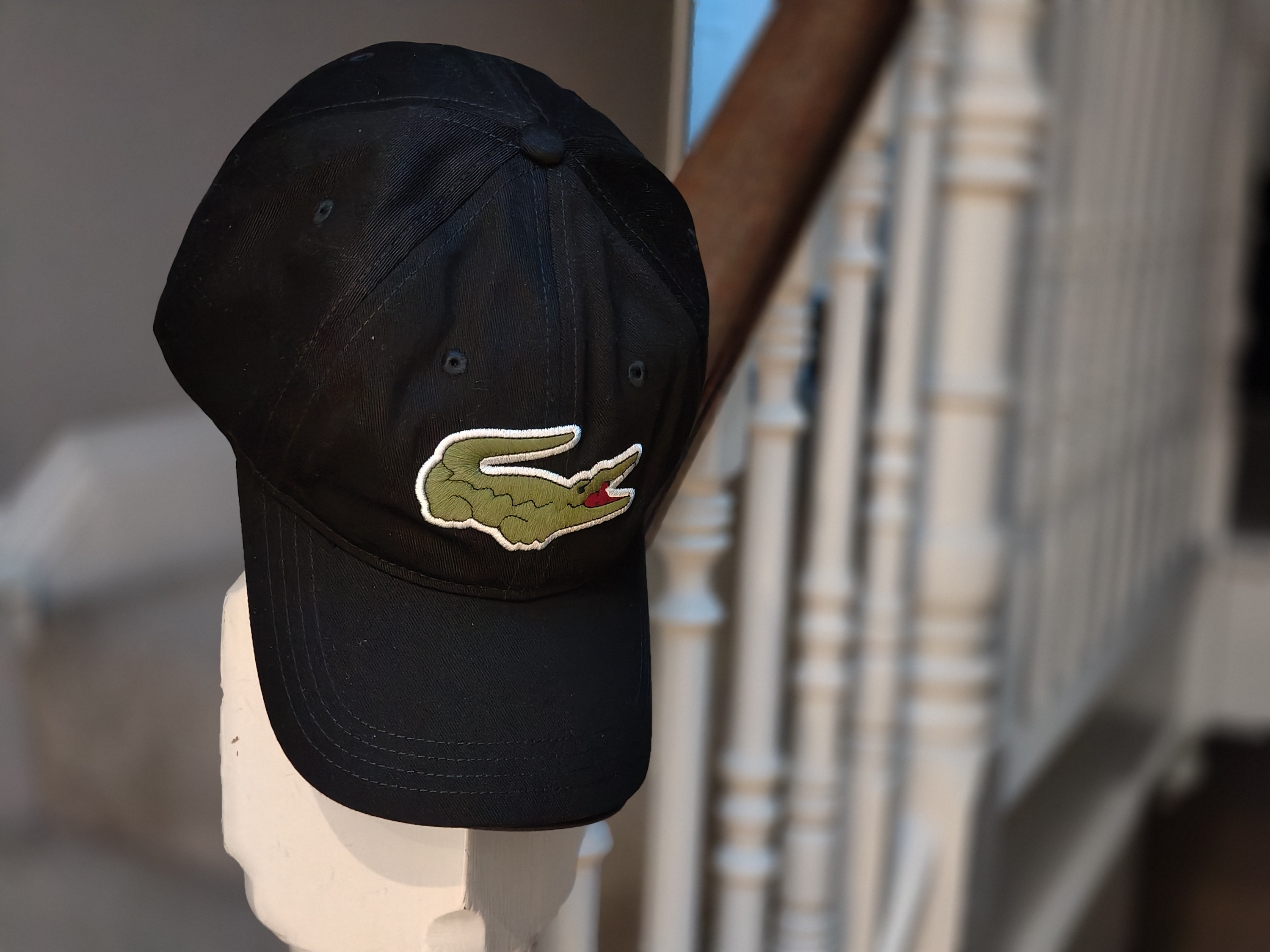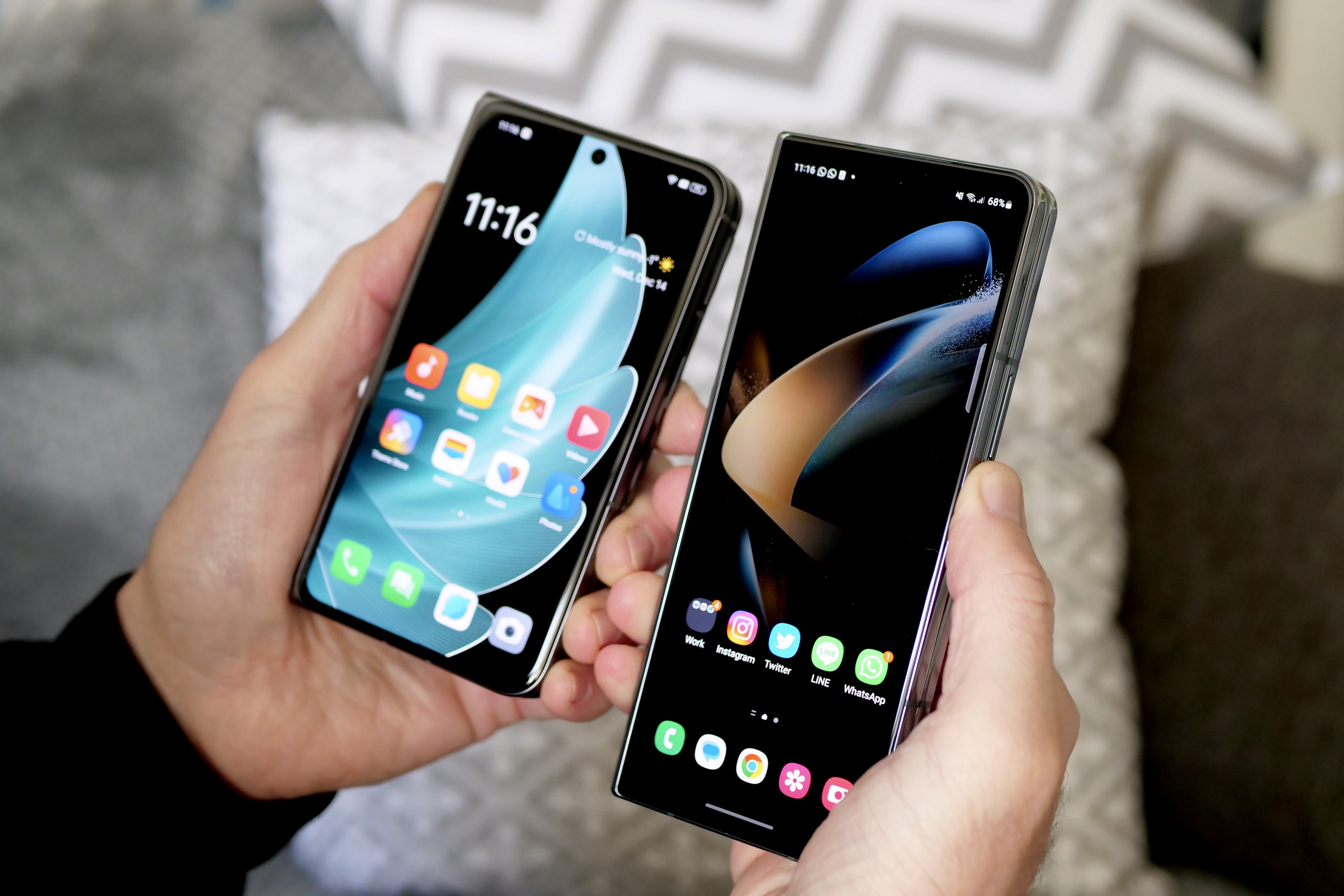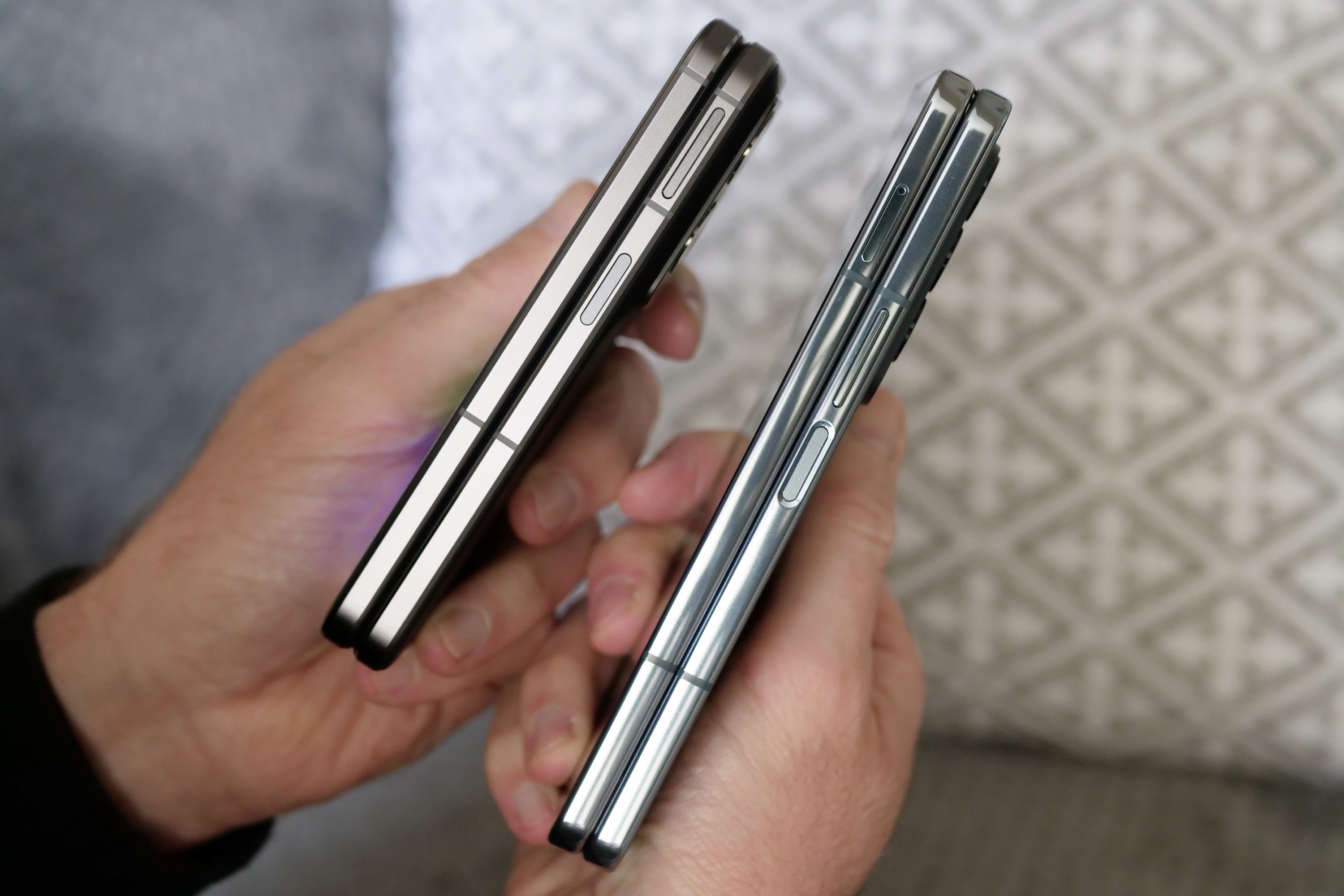The Oppo Find N2 may sound like it’s a simple sequel to the Oppo Find N folding smartphone we first saw this time last year. You almost already know what it will be like; the usual small spec updates and perhaps a slightly new look too. It’s not, though — it’s actually way more than that.
The Oppo Find N2 is such a massive generational improvement that it makes the Find N feel almost like a prototype device, and it shows what manufacturers can do in a year when they really put their minds to it. What’s more, its brilliance is great news for another forthcoming foldable phone from Oppo.
Is the Find N2 really that much better?

It sounds unlikely that a phone can change so much between two generations, but in the world of folding smartphones, things are all still evolving very quickly, and the Find N2 proves it. On it, Oppo has introduced the second generation of its Flexion hinge, and it’s a very big part of why the Find N2 feels a lot more mature. It’s 10 grams lighter than the first version and is thinner and stronger too.
When you unfold the Find N2 there are no off-putting sounds, no creaks, no steps in the hinge mechanism, and just the right amount of resistance. It’s entirely smooth throughout the motion — unlike the Find N, which had noticeable stages of resistance when you opened and closed the phone. It still snaps shut with a satisfying clunk, except here it’s like closing the door on a Mercedes-Benz S Class car, while the Find N was like closing the door on an E Class. It’s a huge step up in quality.
There’s also an interesting change in screen technology. You still look at a 7.1-inch, 1920 x 1792 pixel display when the phone is unfolded, but it uses a new Oppo-developed carbon fabric plate inside to lower the weight and make it more durable. The crease is practically invisible to the eye, but you do notice how much blacker the screen is, how it’s less reflective, and how it has fewer ripples than the old Find N. It looks and feels substantially more premium. For durability, Oppo says it has been tested to 400,000 folds.
I’ve mentioned some of the weight-saving efforts Oppo has engineered into the Fold N2, and what a difference they have made. The phone is 233 grams, down 42 grams over the Find N. That’s a huge reduction, and it’s unmissable. The Find N2 weighs less than an iPhone 14 Pro Max, and about the same as a Samsung Galaxy S22 Ultra. Crucially, it’s well below the Galaxy Z Fold 4’s 263-gram weight too. It’s easier to deal with the inherent chunkiness of a folding smartphone when it’s lighter.
It’s not just about the hinge and weight
The overall design of the Find N2 isn’t dramatically different from the Find N, but it is a little thinner, and I really like the black vegan leather on the back of our sample phone. It has a tactile, warm, and pleasing texture that gives the phone some character. The cover screen’s bezel has been made smaller, and when closed the phone is entirely usable. Not “usable with a little patience” like the Galaxy Z Fold 4, but properly usable without any adjustment. It has the same resolution as the inner screen but makes do with a fixed 120Hz refresh rate rather than the dynamic 120Hz refresh rate on the unfolded screen.
Oppo didn’t pay much attention to the camera on the Find N. It was acceptable enough, but perhaps not the high-spec system we’d expect for an expensive folding phone. It could have done the same again here and used the folding screen as the reason to buy, but it hasn’t. The large, polished camera module on the back looks great and contains a 50-megapixel main camera, a 48MP wide-angle camera, and a telephoto camera too. It uses the MariSilicon X NPU chip to assist with imaging and has Hasselblad tuning. In the short time I’ve had to try it out, the results are impressive — and you can see examples in the gallery below.
Unfortunately, I can’t go into much detail about the software. The Find N2 is only going to be released in China, and the model I’m using here doesn’t have Google Play installed. Oppo has enhanced the split screen system, though, where the two sides of the open screen can act as two separate screens.
You can shift app icons around separately between the two halves, and even take a screenshot on only one half using a three-finger swipe. The Flexion hinge works at all angles, so you can use apps split between the two halves with the phone acting as its own stand. The excellent Qualcomm Snapdragon 8+ Gen 1 processor powers the phone.
A massive upgrade in so many ways
Many of the big-name smartphones released during 2022 weren’t that much of a step forward over the versions released in 2021, making it hard to recommend an upgrade. With the Find N2, Oppo has shown that it is possible to make a considerable advancement between generations, at least when you’re dealing with a foldable. It makes the Find N2 exciting, because it’s clear, absolute evidence that we’re still only just past the early stages of big-screen folding phone development — and it’s moving fast.
The shift from the Find N to the Find N2 is Oppo’s Galaxy Z Fold to Z Fold 2 moment. It’s that meaningful, not in terms of design, but in maturity, quality, engineering, technology, and an understanding of what we want from a folding smartphone. It now has the camera tech to match the screen tech, the weight has been drastically reduced, and although you can’t see the changes to the hinge, you can absolutely feel what’s new — and that’s really what matters. Plus, the Find N2’s size and shape make it very easy to hold and use, and some people will absolutely prefer it over the elongated shape of the Galaxy Z Fold 4 and the Honor Magic Vs.
Why am I gushing quite so much over a phone that’s very difficult to buy? It’s because Oppo is also releasing a clamshell folding phone called the Find N2 Flip, styled like the Samsung Galaxy Z Flip 4 and the Motorola Razr 2022. But unlike the Find N2, the Find N2 Flip will be released globally in early 2023, and if it has everything that makes its big-screen sibling a joy, it’s set to really take the fight to the foldable phone I wish I’d bought this year.
